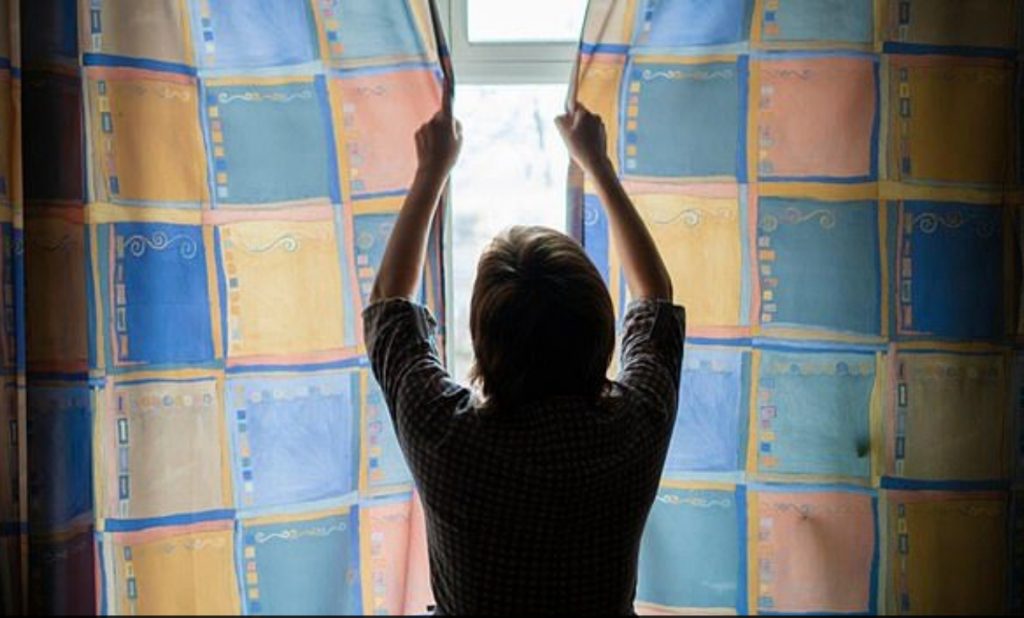Employing home help for the ones you love can be complicated. Someone elderly or living with a health condition might need assistance, but might not always be ready to accept it.
How can you make someone accept care if they don’t want it?
One word: Talk
Sounds really easy, but sometimes it can be difficult. Choosing the right time, the right words.
I know it took many years before my wonderful dad was ready to feel comfortable with me supporting him, especially with personal care.
During the last few years of my dad’s life when I was lucky enough to spend every second with him, we were looking into employing some home help. To begin with, he wasn’t keen on the idea for a number of reasons.
The reasons he did not want any paid helpers in our home could be roughly categorised into two: All the same reasons he had felt before; and new reasons.
I categorise reasons as ‘same reasons as before’, it is because they were the same feelings that arose about accepting help from me, or indeed anyone previously.
He was very upset that he needed help in dressing rooms or disabled toilets during days out. Parkinson’s made it very tricky for him to handle his clothes. It was a loss of independence that was very unpleasant. No matter how much I comforted him about it, he hated it. I bought him special shirts with velcro and magnetic fastenings, and he wore pull-up joggers, but Parkinson’s is not that simple.
When we talked about it, I tried to focus less on the problems he was having and more on the independence he would gain if he went out and socialised more. He was becoming increasingly housebound because everything was taking longer without help.
Similarly, whenever nurses or carers helped him, he was very uncomfortable. He was a gentleman with old fashioned values. At one stage he endured the most horrific bladder stones and urinary retention, which meant he had to be repeatedly catheterised. It led to infections and sepsis. He found the whole ordeal very humiliating and was unfortunately treated with very little dignity by some healthcare workers. Thankfully, he did have excellent and respectful care from our GP, some district nurses and some members of staff in hospital. He was worried that if we employed a carer they might treat him with a lack of respect or dignity like some people had done in the past. When we discussed it, I always held a spotlight on best experiences and not the negative ones.

The second category of reasons was a new set of emotions, relating to having strangers in our home. It stemmed from the humiliation my dad felt surrounding personal care, but also the strong sense of privacy and security in our home. Having that boundary invaded by someone we didn’t know – was a big worry. He was still worried they might treat him badly. But he was also worried they might be lazy and a waste of money. He was even worried they might steal or break something!
The only way to allay those fears was to listen to them sympathetically and not downplay them. We needed evidence to the contrary. So we spoke to other friends and neighbours employing some home care, who were very pleased with the service.

My dad didn’t want to spend his savings on home care, some agencies in our postcode had extremely high fees. We looked into other ways of employing home help, such as private ‘personal assistants’, who are franchised self-employed carers, or sole traders.
We started doing our local research on options and discounted agencies that immediately wanted us to sign-up with long contracts. We decided to take a little trial and see how it went. It felt a little bit like dating. I reassured my dad that finding our home help was not going to be Married at First Sight! If we were not happy for whatever reason, we could change the frequency, visit times or even the person. Then if we were not satisfied with the experience, we could just decide home help was not for us. I think making it very fluid and temporary made it all seem less daunting for us, but signing a big scary contract with an agency was just too much.
After our first trial period, we were very happy with a nice lady called Carol who helped us with cleaning, ironing and other chores once a fortnight. We were in the course of meeting with local carers for more support when my precious dad died.
Over the course of time, the biggest reason my lovely dad became really enthusiastic about finding good home care was because he wanted to help me.
We loved each other more than ourselves.
